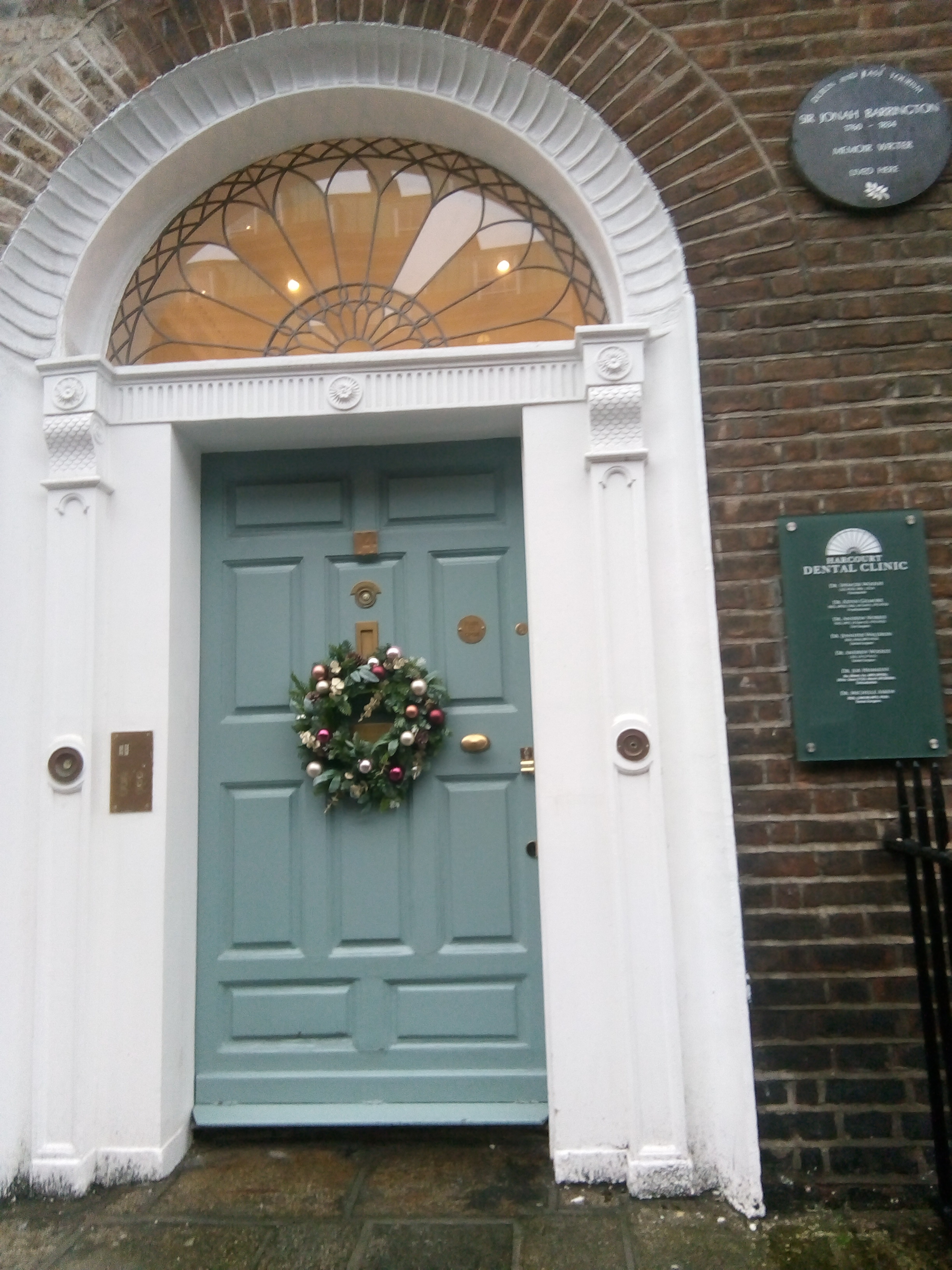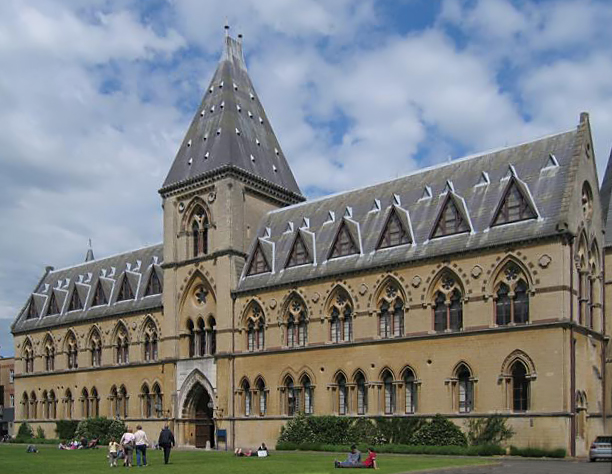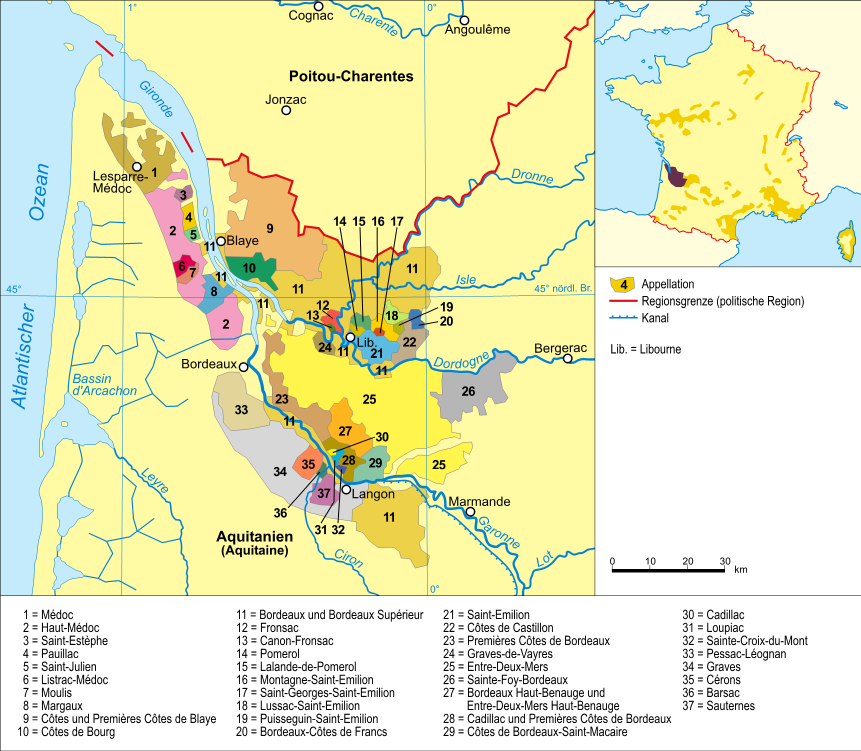|
Kildare Street Club
The Kildare Street Club is a historical member's club in Dublin, Ireland, at the heart of the Anglo-Irish Protestant Ascendancy. The Club remained in Kildare Street between 1782 and 1977, when it merged with the Dublin University Club to become the Kildare Street & University Club, moving to the University Club's 1776 premises at number 17 on the North side of St Stephen's Green. Its second Kildare Street club house, built between 1859 and 1860, has not been disposed of but is now leased to a Heraldic Museum and the Alliance Française. History Founded in the year of the Constitution of 1782, the club's first home was a house in Kildare Street built by Sir Henry Cavendish on land bought from James FitzGerald, 20th Earl of Kildare, later first Duke of Leinster. In 1786 the club acquired an adjoining house also built by Cavendish, thus completing its original club house.''The Irish quarterly review'' (1853)pp. 295–296/ref> There is a tradition that what prompted the foundation ... [...More Info...] [...Related Items...] OR: [Wikipedia] [Google] [Baidu] |
Nassau St, Junction With Kildare St, Dublin (32279462995)
Nassau may refer to: Places Bahamas *Nassau, Bahamas, capital city of the Bahamas, on the island of New Providence Canada *Nassau District, renamed Home District, regional division in Upper Canada from 1788 to 1792 *Nassau Street (Winnipeg), Manitoba *Nassau Street, Toronto Cook Islands *Nassau (Cook Islands), one of the Northern Cook Islands Germany * Nassau, Rhineland-Palatinate, a town founded in AD 915 * Nassau (region), the broader geographical and historical region comprising the former independent country Nassau * Nassau (Verbandsgemeinde), an administrative district including the town of Nassau and its surrounding areas * County of Nassau, a German state within the Holy Roman Empire during the Middle Ages, or one of its many successor counties * Duchy of Nassau, an independent German state between 1806 and 1866 and the ultimate successor of the medieval county * Hesse-Nassau, a Prussian province formed following their annexation of the Duchy of Nassau (along wit ... [...More Info...] [...Related Items...] OR: [Wikipedia] [Google] [Baidu] |
Jonah Barrington (judge)
Sir Jonah Barrington, K.C. (1756/57 – 8 April 1834), was an Irish lawyer, judge and politician. Jonah Barrington is most notable for his amusing and popular memoirs of life in late 18th-century Ireland; for his opposition to the Act of Union in 1800; and for his removal from the judiciary by both Houses of Parliament in 1830, still a unique event. Barrington family Barrington was the third son, one of thirteenW. N. Osborough, ‘Barrington, Sir Jonah (1756/7–1834)’ ''Oxford Dictionary of National Biography'', Oxford University Press, 2004 or sixteen children; six at least, and probably seven, were sons; of John Barrington, an impoverished Protestant gentleman landowner in County Laois and his wife Sibella French of Peterswell, Co. Galway. He was raised and schooled by his grandparents in Dublin and entered Trinity College Dublin in 1773, aged 16 but he left Trinity College without a degree. He joined the Irish Volunteers and supported the Irish Patriots in the ea ... [...More Info...] [...Related Items...] OR: [Wikipedia] [Google] [Baidu] |
Pall Mall, London
Pall Mall is a street in the St James's area of the City of Westminster, Central London. It connects St James's Street to Trafalgar Square and is a section of the regional A4 road. The street's name is derived from pall-mall, a ball game played there during the 17th century, which in turn is derived from the Italian ''pallamaglio'', literally ball-mallet. The area was built up during the reign of Charles II with fashionable London residences. It is known for high-class shopping in the 18th century until the present, and gentlemen's clubs in the 19th. The Reform, Athenaeum and Travellers Clubs have survived to the 21st century. The War Office was based on Pall Mall during the second half of the 19th century, and the Royal Automobile Club's headquarters have been on the street since 1908. Geography The street is around long and runs east in the St James's area, from St James's Street across Waterloo Place, to the Haymarket and continues as Pall Mall East ... [...More Info...] [...Related Items...] OR: [Wikipedia] [Google] [Baidu] |
Reform Club
The Reform Club is a private members' club on the south side of Pall Mall in central London, England. As with all of London's original gentlemen's clubs, it comprised an all-male membership for decades, but it was one of the first all-male clubs to change its rules to include the admission of women on equal terms in 1981. Since its founding in 1836, the Reform Club has been the traditional home for those committed to progressive political ideas, with its membership initially consisting of Radicals and Whigs. However, it is no longer associated with any particular political party, and it now serves a purely social function. The Reform Club currently enjoys extensive reciprocity with similar clubs around the world. It attracts a significant number of foreign members, such as diplomats accredited to the Court of St James's. Of the current membership of around 2,700, some 500 are "overseas members", and over 400 are women. History 19th century The club was founded by Edward E ... [...More Info...] [...Related Items...] OR: [Wikipedia] [Google] [Baidu] |
Benjamin Woodward
Benjamin Woodward (16 November 1816 – 15 May 1861) was an Irish architect who, in partnership with Sir Thomas Newenham Deane, designed a number of buildings in Dublin, Cork and Oxford. Life Woodward was born in Tullamore, County Offaly, Ireland. He trained as an engineer but developed an interest in medieval architecture, producing measured drawings of Holy Cross Abbey in County Tipperary. These drawings were exhibited at the RIBA in London in 1846. The same year he joined the office of Sir Thomas Deane and became a partner in 1851 along with Deane's son, Thomas Newenham Deane. It seems that Deane looked after business matters, and left the design work to Woodward. Woodward's two most important buildings are the Museum at Trinity College, Dublin (1854-1857) and the Oxford University Museum of Natural History, Oxford, (1854-1860). He was also responsible for the Kildare Street Club in Dublin (1858-1861) and Queen's College Cork, now University College Cork, (1845-1849). ... [...More Info...] [...Related Items...] OR: [Wikipedia] [Google] [Baidu] |
Thomas Newenham Deane
Sir Thomas Newenham Deane (1828 – 8 November 1899) was an Irish architect, the son of Sir Thomas Deane and Eliza Newenham, and the father of Sir Thomas Manly Deane. His father and son were also architects. Works attributed to Thomas Newenham Deane, and his architectural practice, include the National Library of Ireland, a wing of the National Gallery of Ireland, St Mary's Cathedral, Tuam, the Kildare Street Club, and a number of buildings in the Trinity College Dublin campus. Early life Sir Thomas Newenham Deane was born on the 15 of June in 1828 near Cork, Ireland. He was the son of Sir Thomas Deane, an architect, and Eliza O’Callaghan Newenham, Sir Thomas Deane's second wife. Deane was born as the oldest of 3 siblings. As the only son Deane had two younger sisters, Susanna Adelaide (Ada) and Olivia Louisa. From his father's first marriage the three siblings had a step-brother John Connellan and a step-sister Julia Connellan. Deane is described as being a shy and res ... [...More Info...] [...Related Items...] OR: [Wikipedia] [Google] [Baidu] |
Whist
Whist is a classic English trick-taking card game which was widely played in the 18th and 19th centuries. Although the rules are simple, there is scope for strategic play. History Whist is a descendant of the 16th-century game of ''trump'' or ''ruff''. Whist replaced the popular variant of ''trump'' known as ruff and honours. The game takes its name from the 17th-century ''whist'' (or ''wist'') meaning ''quiet'', ''silent'', ''attentive'', which is the root of the modern ''wistful''. According to Daines Barrington, whist was first played on scientific principles by a party of gentlemen who frequented the Crown Coffee House in Bedford Row, London, around 1728. Edmond Hoyle, suspected to be a member of this group, began to tutor wealthy young gentlemen in the game and published ''A Short Treatise on the Game of Whist'' in 1742. It became the standard text and rules for the game for the next hundred years. In 1862, Henry Jones, writing under the pseudonym "Cavendish", publis ... [...More Info...] [...Related Items...] OR: [Wikipedia] [Google] [Baidu] |
Claret
Bordeaux wine ( oc, vin de Bordèu, french: vin de Bordeaux) is produced in the Bordeaux region of southwest France, around the city of Bordeaux, on the Garonne River. To the north of the city the Dordogne River joins the Garonne forming the broad estuary called the Gironde; the Gironde department, with a total vineyard area of over 120,000 hectares, is the largest wine growing area in France. Average vintages produce over 700 million bottles of wine, ranging from large quantities of everyday table wine, to some of the most expensive and prestigious wines in the world. The vast majority of wine produced in Bordeaux is red (sometimes called "claret" in Britain), with sweet white wines (most notably Sauternes), dry whites, and (in much smaller quantities) rosé and sparkling wines (Crémant de Bordeaux) collectively making up the remainder. Bordeaux wine is made by more than 8,500 producers or ''châteaux''. There are 54 appellations of Bordeaux wine. History Viticulture ... [...More Info...] [...Related Items...] OR: [Wikipedia] [Google] [Baidu] |
Aristocracy
Aristocracy (, ) is a form of government that places strength in the hands of a small, privileged ruling class, the aristocracy (class), aristocrats. The term derives from the el, αριστοκρατία (), meaning 'rule of the best'. At the time of the word's origins in ancient Greece, the Greeks conceived it as rule by the best-qualified citizens—and often contrasted it favorably with monarchy, rule by an individual. The term was first used by such ancient Greeks as Aristotle and Plato, who used it to describe a system where only the best of the citizens, chosen through a careful process of selection, would become rulers, and hereditary rule would actually have been forbidden, unless the rulers' children performed best and were better endowed with the attributes that make a person fit to rule compared with every other citizen in the polity. Hereditary rule in this understanding is more related to oligarchy, a corrupted form of aristocracy where there is rule by a few, bu ... [...More Info...] [...Related Items...] OR: [Wikipedia] [Google] [Baidu] |
Shilling
The shilling is a historical coin, and the name of a unit of modern currencies formerly used in the United Kingdom, Australia, New Zealand, other British Commonwealth countries and Ireland, where they were generally equivalent to 12 pence or one-twentieth of a pound before being phased out during the 20th century. Currently the shilling is used as a currency in five east African countries: Kenya, Tanzania, Uganda, Somalia, as well as the ''de facto'' country of Somaliland. The East African Community additionally plans to introduce an East African shilling. History The word ''shilling'' comes from Old English "Scilling", a monetary term meaning twentieth of a pound, from the Proto-Germanic root skiljaną meaning 'to separate, split, divide', from (s)kelH- meaning 'to cut, split.' The word "Scilling" is mentioned in the earliest recorded Germanic law codes, those of Æthelberht of Kent. There is evidence that it may alternatively be an early borrowing of Phoenician ... [...More Info...] [...Related Items...] OR: [Wikipedia] [Google] [Baidu] |
Pound Sterling
Sterling (abbreviation: stg; Other spelling styles, such as STG and Stg, are also seen. ISO code: GBP) is the currency of the United Kingdom and nine of its associated territories. The pound ( sign: £) is the main unit of sterling, and the word "pound" is also used to refer to the British currency generally, often qualified in international contexts as the British pound or the pound sterling. Sterling is the world's oldest currency that is still in use and that has been in continuous use since its inception. It is currently the fourth most-traded currency in the foreign exchange market, after the United States dollar, the euro, and the Japanese yen. Together with those three currencies and Renminbi, it forms the basket of currencies which calculate the value of IMF special drawing rights. As of mid-2021, sterling is also the fourth most-held reserve currency in global reserves. The Bank of England is the central bank for sterling, issuing its own banknotes, and ... [...More Info...] [...Related Items...] OR: [Wikipedia] [Google] [Baidu] |
Montague James Mathew
Lieutenant General Montague James Mathew (18 August 1773 – 19 March 1819) was an Anglo-Irish soldier and politician, a member of the Irish House of Commons for Ballynakill until 1800 and of the House of Commons of the United Kingdom for County Tipperary from 1806 until his death in 1819. In politics, he was both a Whig and a supporter of Catholic Emancipation and other Roman Catholic causes, which brought him into conflict with many members of his class in Ireland. Life Mathew was the second son of Francis Mathew, 1st Earl Landaff. He was commissioned into the British Army as a Cornet in 1792, became a Lieutenant in 1793, and on 13 September 1794 was promoted Lieutenant-Colonel in the 114th Foot, a new regiment raised that year by his father. He was further promoted Colonel in 1800, Major General on 25 April 1808, and Lieutenant General on 4 June 1813.John Phillippart, ''The royal military calendar'' (Printed by A. J. Valpy, 1815p. 216/ref>Arthur Aspinall, ed., ''The later c ... [...More Info...] [...Related Items...] OR: [Wikipedia] [Google] [Baidu] |
.jpg)

.jpg)





